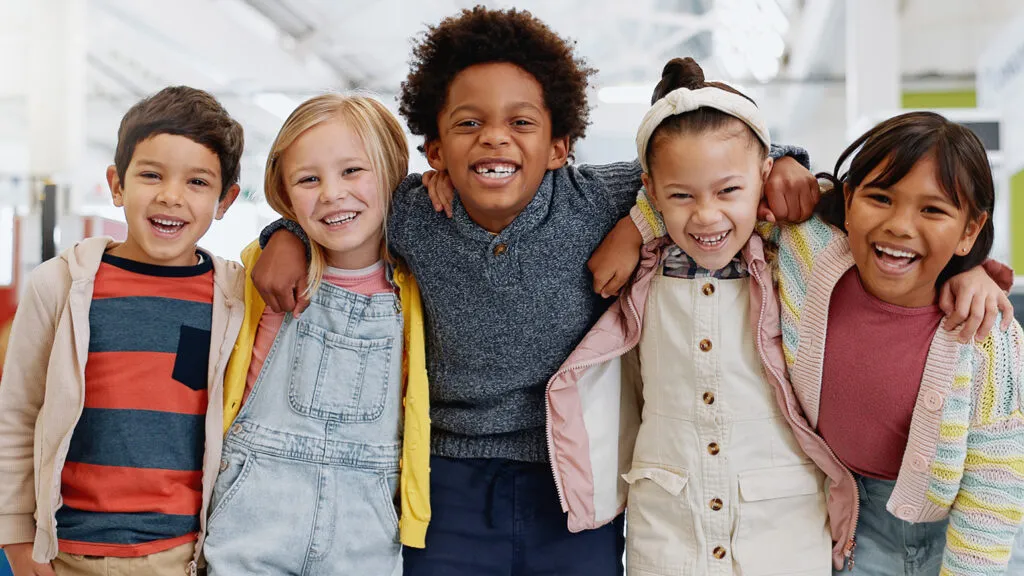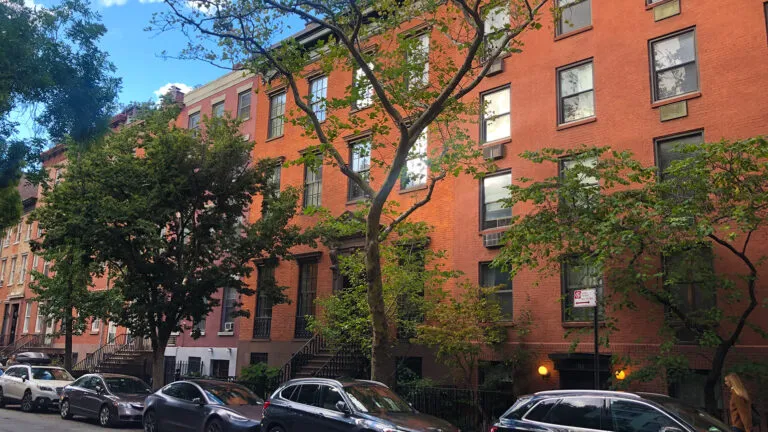This fall I began teaching a psychology class at an all-boys high school. The class is an elective, so I can hope that each boy has chosen to take it. Having students who want to be in class is surely a good start to the school year.
Especially for me, since I am new to teaching. I’d like to learn how to improve as teacher from class to class. I enjoy sharing information and hearing from the boys about what they have read and their impressions of concepts and people in the field of psychology. I like their energy and their openness to learning. Their humor and their banter.
What I don’t like is when they are talking when I am talking—no different, I know, than any other teacher there is or ever was. I have thought about how best to respond to the students who are talking while I am. Shall I dock them points? Shall I ask them to write an essay? Shall I keep a chart? How about having them do push-ups?
What I have decided upon (the jury is still out as to whether it is having an impact on the talking itself) is that each boy who talks at an inappropriate time is to perform an act of kindness before our next class. One student gave directions to a freshman who seemed lost on campus, another wrote a note of thanks to a coach, another bought a ticket to a Mets game for a friend.
“What wisdom is greater than kindness?” asked philosopher Jean-Jacques Rousseau. It is my hope that my students will come away from my class edified in the subject matter taught. It is also my hope that they will benefit from the life lessons I share with them.
Students have tremendous opportunities to grow here at this school—including discovering the gift of being able to see outside of themselves and the positive impact each of them can have on the lives of others. A great hope of mine is that with each act of kindness, the boys will see and feel within themselves the benefits, emotional and physical, that come from showing kindness. A proliferation of kindness in their lives would be wise and beneficial indeed.





